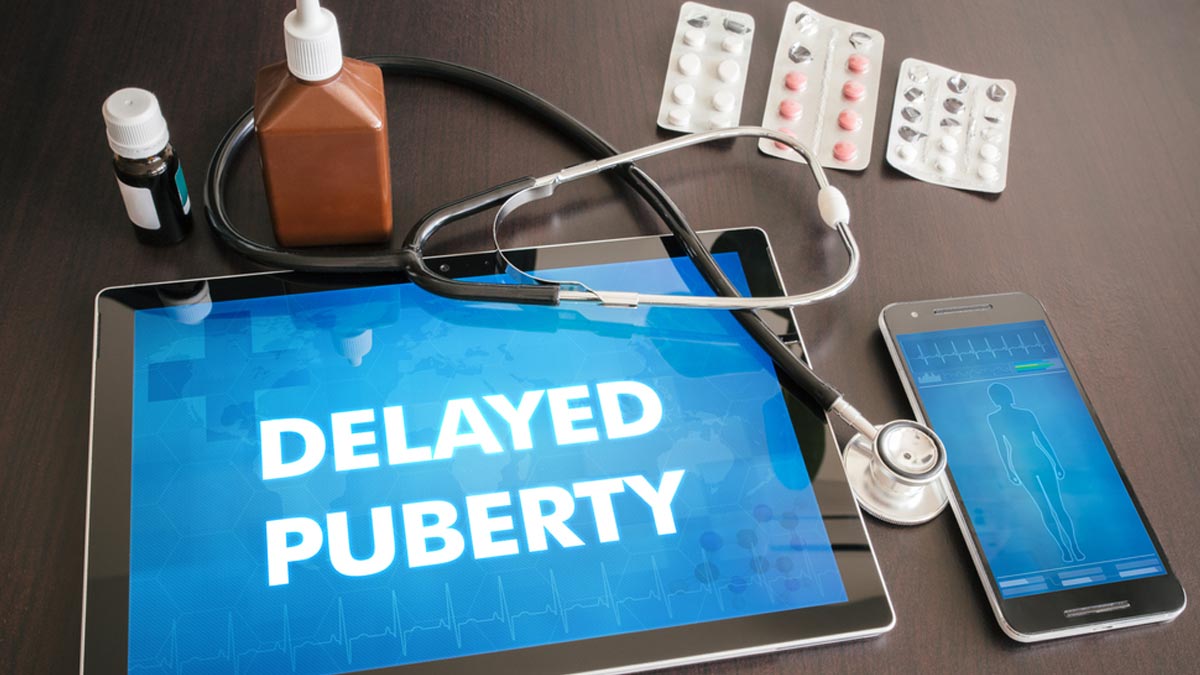
Puberty is a major milestone in a person's life. It is a phase in which a person undergoes several physical and emotional changes. Puberty usually starts between the ages of 8 and 13 in females and 9 and 14 in males, leading to several alterations in the body. However, when a child does not experience any physical changes or signs of sexual maturity, it is known as delayed puberty. We spoke to Dr N Sapna Lulla, Lead Consultant, Obstetrics and Gynaecology, Aster CMI Hospital, Bengaluru, to understand why it occurs in some children and what to expect.
Table of Content:-
Also Read: Parenting Tips To Raise A Teenager
Classic Signs Of Puberty

Research suggests puberty is associated with emotional, hormonal, and physical changes.
Both boys and girls experience specific symptoms when they undergo puberty.
Dr Lulla said, "Girls experience breast growth and menstruation, while boys experience testicular enlargement, facial hair growth, and voice deepening."
She added, "The hormonal changes also lead to the development of body hair and acne. Adolescents also go through emotional and psychological shifts during this period, defining a crucial stage of maturation."
Understanding Delayed Puberty And Its Causes

Delayed puberty refers to a condition where the physical and sexual development of an individual lags behind the typical timeline, explained Dr Lulla.
To be precise, it is diagnosed when there's a lack of secondary sexual characteristics by age 14 in boys and age 13 in girls, she added.
Several factors can lead to delayed puberty, including:
- Genetics and family patterns
- Hormonal imbalances, such as a deficiency in growth hormone or thyroid disorders
- Chronic illnesses
- Malnutrition
- Excessive physical activity
- Emotional stress
- Certain medications
“Therefore, it is essential to seek proper evaluation by healthcare professionals to identify the specific cause and determine appropriate interventions to support healthy puberty progression,” Dr Lulla advised.
Also Read: 5 Essential Healthcare Habits Every Girl Should Follow During Puberty
Signs Of Delayed Puberty In Boys And Girls

While delays in puberty can cause emotional and social challenges for both boys and girls, there are specific indicators that should not be overlooked.
Delayed puberty in boys
- Absence of growth in testicular size, which is one of the first signs of puberty
- No development of facial and body hair by the age of 14
- Delayed voice deepening and muscle growth
Delayed puberty in girls
- Lack of breast development
- Delayed onset of menstruation by the age of 13
What To Do
Not only physical challenges, but delayed puberty can also cause social challenges.
“Boys, in particular, may face teasing for having a higher-pitched voice,” Dr Lulla said, emphasising the importance of diagnosing the underlying cause of delayed puberty, which often requires medical evaluations involving hormone tests and imaging.
According to her, the treatment approach will depend on the cause and may range from addressing nutritional deficiencies to hormone therapy.
“If left untreated, delayed puberty can affect bone health and height potential,” she warned.
Concluding, she said, “Early intervention and a comprehensive approach can significantly mitigate complications, enabling individuals to achieve normal physical and emotional development during adolescence.”
Also watch this video
How we keep this article up to date:
We work with experts and keep a close eye on the latest in health and wellness. Whenever there is a new research or helpful information, we update our articles with accurate and useful advice.
Current Version